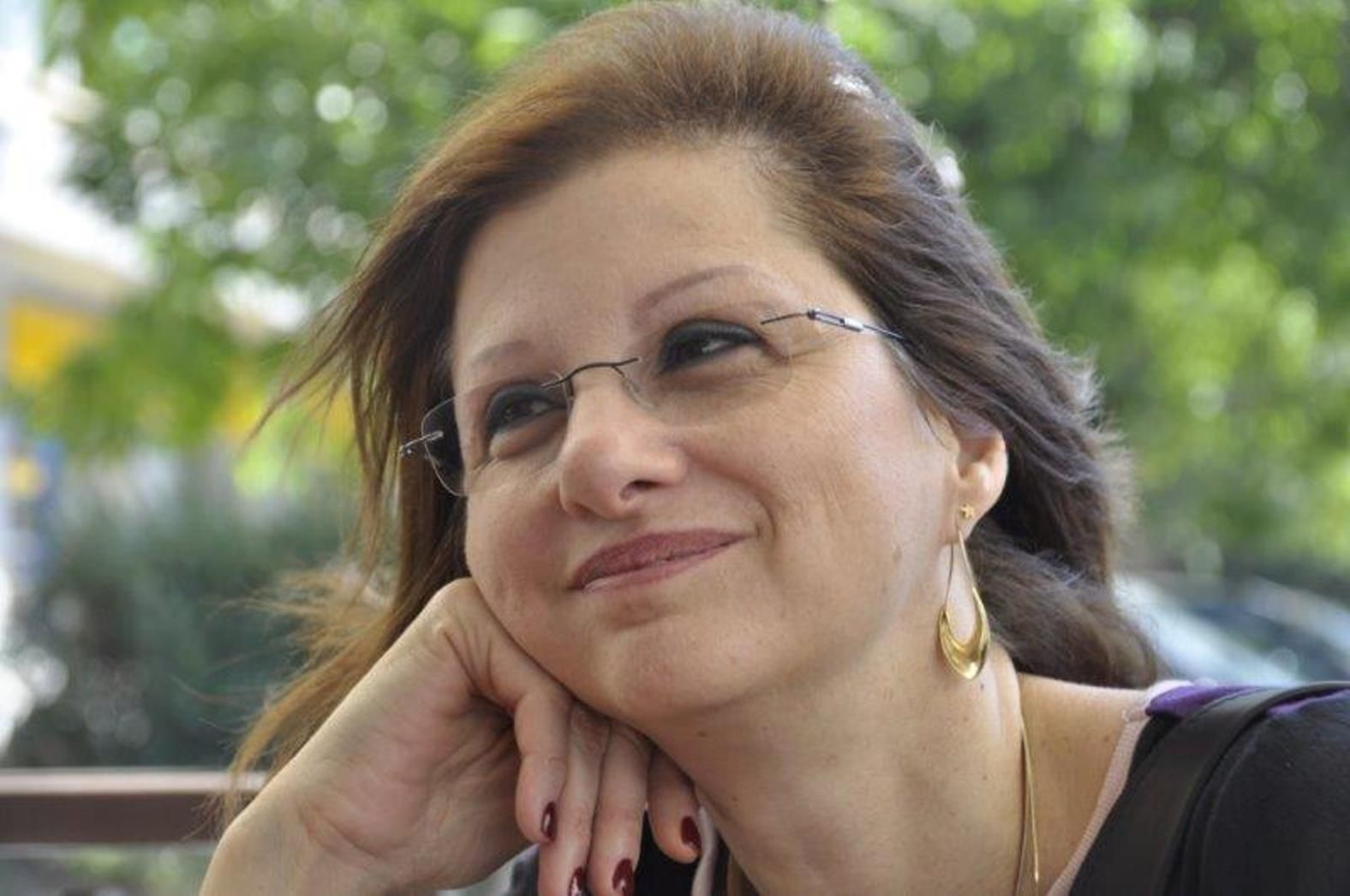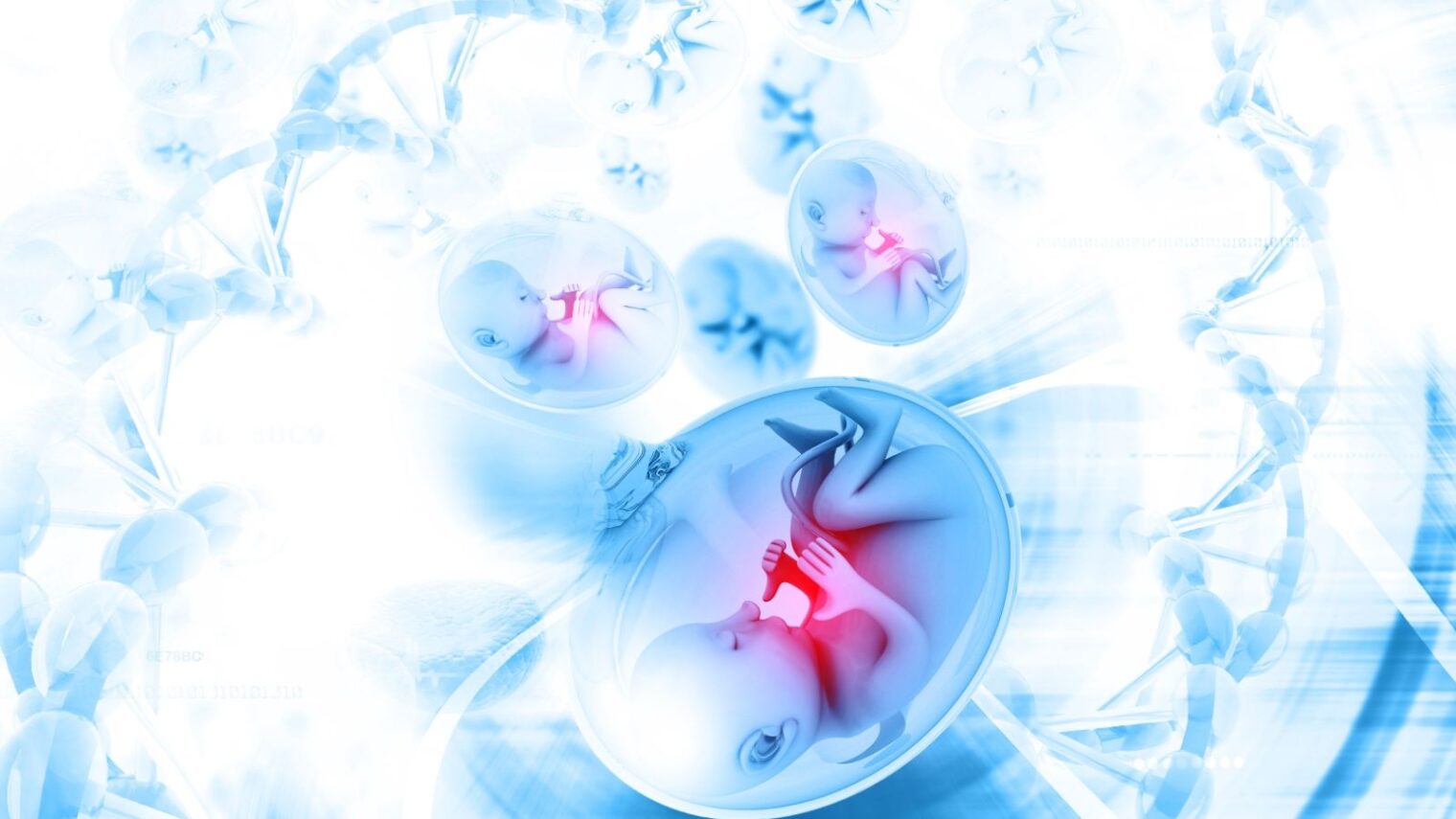Every pregnant mother worries whether her baby will be healthy. But invasive tests for genetic abnormalities — chorionic villus sampling and amniocentesis – present a small risk of miscarriage.
In a groundbreaking development, genetics experts at Jerusalem’s Shaare Zedek Medical Center have devised a patent-pending process to screen a fetus for genetic diseases using a blood sample from the mother. A paper just published in the Journal of Clinical Investigation describes how it works.
Dr. Gheona Altarescu, director of Shaare Zedek’s Preimplantation Genetic Unit, tells ISRAEL21c that chemical pathologist Dennis Lo discovered in 1997 that small pieces of fetal DNA float freely in the mother’s bloodstream. This led to the development of prenatal blood tests for chromosomal abnormalities such as Down syndrome. However, these tests cannot detect monogenic genetic diseases such as Tay-Sachs and cystic fibrosis, even if the parents are carriers of the defective gene.
The next development in this field of noninvasive prenatal testing was to detect not only the chromosomes of the baby but also mutations coming from the father.
“You can test for a genetic disease passed [only] by the father, because if you can detect it in the sample taken from the pregnant mother, it has to be from the fetus,” she says. “We took it a step further, developing an algorithm to detect diseases coming also from the mother, which is much more complicated.”
Altarescu worked in collaboration with computational biologist David Zeevi; neurologist Dr. Arndt Rolfs, CEO of Centogene-The Rare Disease Company, in Germany; and Dr. Ari Zimran, director of the Gaucher Clinic at Shaare Zedek.

Their first trial focused on Gaucher disease, caused by a genetic mutation particularly prevalent in Jews of Ashkenazi (primarily Eastern European) descent. One in 1,150 babies born to Ashkenazi Jewish couples inherits the disease.
“Gaucher is recessive, meaning two healthy parents carrying the mutation have a 25 percent chance of having an affected embryo,” says Altarescu.
In the Gaucher Clinic earlier this year, she and Zimran drew blood samples from a total of 10 volunteer couples in different stages of pregnancy. “In all of them, we were able to detect accurately the mutations from both mother and father, confirming our findings after the babies were born or through amniocentesis,” Altarescu tells ISRAEL21c.
“Gaucher was our example to show this is possible,” she added. “The same test could also be used to detect many other genetic disorders common worldwide, including cystic fibrosis and Tay-Sachs”.
“Our findings give hope that in the future we can detect genetic disorders without invasive tests.”
Could become a routine test
Moreover, the scientists were able to detect fetal pieces of DNA in the blood sample at week 10 of pregnancy. “We will try to push it further, to detect the DNA before 40 days, because in Judaism and Islam the 40-day limit is critical in deciding whether you can do an abortion,” says Altarescu.
In another first, the collaborators used a new computerized system to compare healthy and mutated genes of the expectant parents and their own parents.
Altarescu believes that once the algorithm is patented and the published paper spurs interest, the technique could be commercialized. In its present form the test is very expensive. “Our hope is that it will be used routinely in the future,” she says.
The test also could be a boon for patients in her preimplantation genetic diagnosis program, which she established in 2004 with funds from a US donor, Rabbi David Fuld.
She explains that parents are always urged to confirm the results of the preimplantation genetic testing during the pregnancy, using chorionic villus sampling or amniocentesis. This new test could confirm results without any danger of miscarriage – a major concern for patients who had difficulty getting pregnant and went through the IVF process.
Altarescu adds that Shaare Zedek’s Preimplantation Genetic Unit was the first in Israel to facilitate the birth of a normal child to a woman with achondroplasia (a form of dwarfism) and the birth of a baby with bone marrow perfectly matched to an older brother in desperate need of a bone marrow transplant.
“We have around 450 children born from this program, and in addition to our in-house unit we have three satellites in the Tel Aviv area sending us samples for genetic testing,” she says. “This is the largest unit of its kind in Israel, but for molecular disorders — a special type of genetic disorders — we are the largest in Europe. And we are always working on improving our techniques.”
For more information, click here.














